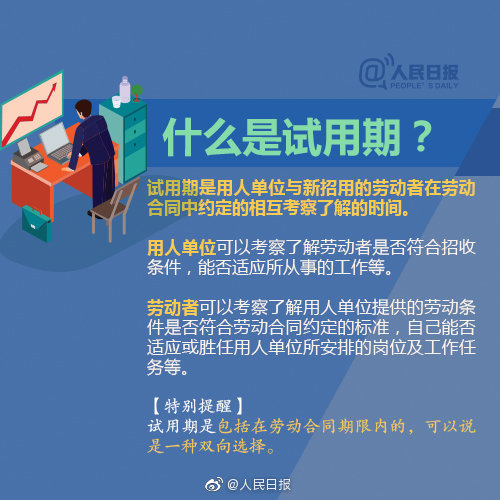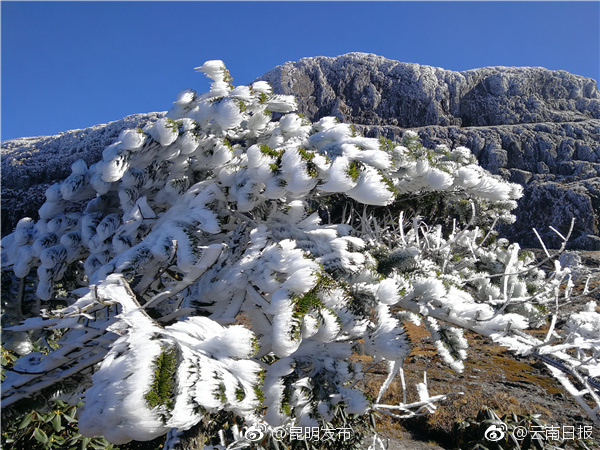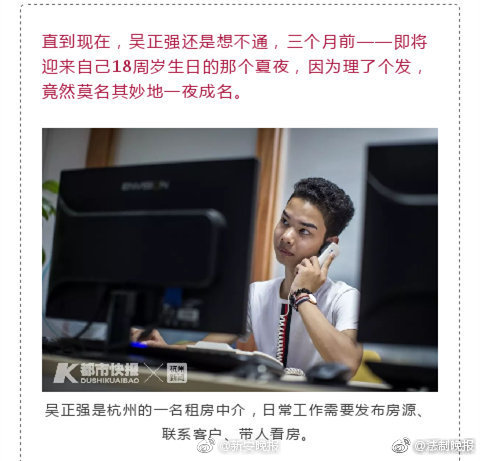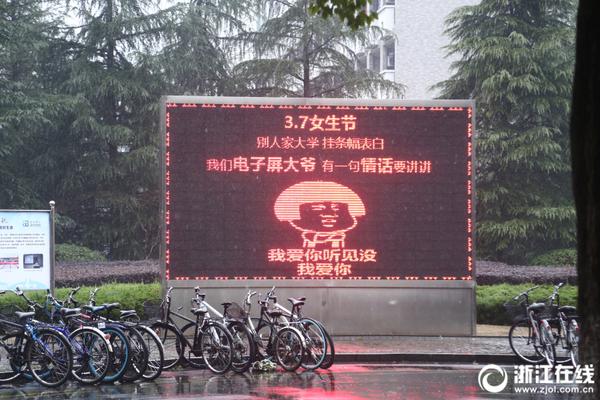President Donald Trump casually dropped Friday that he would “ban” TikTok. That added heft to earlier statements made by Secretary of State Mike Pompeo that the administration was considering a ban.
But how would a ban on an app that’s already been downloaded by 165 million Americans, and that anyone can currently download from Apple and Google app stores, actually work?
Trump provided few details, and any executive actions he might sign would be subject to legal challenges. TikTok also maintains that it isn’t going anywhere. The issue might all be moot if the app’s rumored saleto Microsoft comes to pass.
According to a report from CNBC, the U.S. government has never banned an app before. (Though the U.S. did order Grindr's Chinese owners to sell the app in early 2019.)
But with TikTok in Trump’s irrational sights, how this might actually go down, and what it means for TikTok users, is worth considering.
When discussing the possibility of a TikTok ban, Pompeo compared action the U.S. might take against TikTok to how it has gone about limiting the U.S. business of Chinese companies Huawei and ZTE. This gives us somewhat of a roadmap for how a TikTok ban could work.
The government could place TikTok on the Department of Commerce’s “Entity List,”which prevents U.S. companies from doing business with companies on the list. This would force Google and Apple to remove TikTok from their app stores. In addition to preventing new downloads of TikTok, it would make app updates impossible for existing users. Disabling updates is a huge problem since TikTok could not introduce new features and products, or fix security issues. So it would be extremely inadvisable for users to keep TikTok on their phones at that point.
However, as The Verge points out, there is little precedent for the government’s ability to place TikTok on the entities list. Companies on the list are typically in violation of U.S. laws or sanctions, or under investigation for criminal complaints.
“You can’t just do it because you’re mad at a company,” James Lewis, director of technology policy at the Center for Strategic and International Studies, told The Verge.
Although TikTok is based in the U.S., its parent company is the Chinese firm ByteDance. TikTok’s Chinese ownership is at the heart of the government’s objections to the company.
American officials worry that the Chinese government could compel TikTok to share user data on Americans with the government. TikTok says it does not, and would not do this, and that it does not store U.S. user data in China. However, a 2017 Chinese law states that companies must comply with requests to share data.
Then there’s the somewhat pettier side of the equation. For one, it is believed that TikTok users messed up Trump’s Tulsa, Oklahoma rally. They used their platforms to encourage people to falsely register for tickets to the rally, which resulted in big claims about attendance, and empty seats. This might seem like a small potatoes prank, but you know Trump loves nothing more than the spotlight. Trump has already run ads against TikTok on Facebook and Instagram.
Trump has also been in a standoff with China over trade basically since he took office. Tensions have only heightened in recent months as Trump continues to blame China for the coronavirus outbreak. Lashing out at Chinese businesses is one way Trump exerts power over the country: imposing and easing restrictions on Huawei was a lever he pulled during trade negotiations in 2019.
There are two other ways that the government could “ban” TikTok, one more extreme and the other less extreme.
The moderate option would involve requiring that TikTok be spun off from its Chinese parent company. The U.S. Committee on Foreign Investment in the United States (CFIUS) began investigating TikTok in 2019 for national security concerns. It could require that, to continue operating in the U.S., TikTok be spun off from its Chinese parent company. That wouldn’t be a ban so much as a change in ownership.
On the other end of the spectrum, the U.S. could ironically take a page out of China’s book in its aim to restrict content. China restricts access to content at the server level, preventing carriers from allowing users to connect to certain services. This is how India has implemented its TikTok ban, and would be the most extreme – and unprecedented – way for the U.S. to move forward.
Since news of a possible ban broke out, TikTok users have lamented what it would to do their followings, and their original content. Based on what happened to TikTok users in India, and guidance from TikTok’s terms of service, recourse for TikTok users in the event of a ban doesn’t look so good. So what would happen to all that sweet, sweet TikTok content in the event of a ban?
TikTok users in India found themselves unable to connect to the app at all, which meant all their content disappeared. According to NPR, users trying to connect were faced with the message "The App is currently unavailable as per the directive by Govt. of India." However, people trying to access Indian content outside of the country could still view Indian TikToks.
But shouldn’t users have rights to the content they create? That answer isn’t so clear cut. In TikTok’s Terms of Service, it states: “You or the owner of your User Content still own the copyright in User Content sent to us, but….”
Following the “but” are a bunch of blanket statements that give TikTok the right to use or remove content under a host of circumstances. After several paragraphs showing how TikTok can basically do whatever it wants with your content, it gives users a recommendation:
“As a result, we recommend that you save copies of any User Content that you post to the Services on your personal device(s) in the event that you want to ensure that you have permanent access to copies of such User Content.”
So, kiddos, start downloading those TikToks now.
TopicsSocial MediaTikTokDonald TrumpPolitics
(责任编辑:時尚)
 This app is giving streaming TV news a second try
This app is giving streaming TV news a second try David Schwimmer isn't even sure he wants a 'Friends' reunion
David Schwimmer isn't even sure he wants a 'Friends' reunion Tom Hanks spent his Golden Globes delivering martinis, deserves an award
Tom Hanks spent his Golden Globes delivering martinis, deserves an award Facebook teams up with Xiaomi, Qualcomm on new Oculus Go VR headset
Facebook teams up with Xiaomi, Qualcomm on new Oculus Go VR headset This company is hiring someone just to drink all day
This company is hiring someone just to drink all day SINGAPORE -- Getting stuff done at the bank often involves having to waste part of your day standing
...[详细]
SINGAPORE -- Getting stuff done at the bank often involves having to waste part of your day standing
...[详细]Rules of engagement when you follow your colleagues on Twitter
 So, you've done the deed. You went and followed aaaaall of your colleagues on Twitter. They've follo
...[详细]
So, you've done the deed. You went and followed aaaaall of your colleagues on Twitter. They've follo
...[详细]Pope Francis delivers message on fake news: 'The truth will set you free'
 Weary journalists got a pep talk from none other than Pope Francis this week, with the head of the R
...[详细]
Weary journalists got a pep talk from none other than Pope Francis this week, with the head of the R
...[详细]Senator reaches for nonexistent glasses and takes them off anyway
 Today's collective LOL at the expense of lawmakers came courtesy of Senator Orrin Hatch, who just re
...[详细]
Today's collective LOL at the expense of lawmakers came courtesy of Senator Orrin Hatch, who just re
...[详细]Photos show the Blue Cut fire blazing a path of destruction in California
 A fast moving wildfire continued raging near San Bernadino, California, forcing the evacuation of at
...[详细]
A fast moving wildfire continued raging near San Bernadino, California, forcing the evacuation of at
...[详细]Tom Hanks spent his Golden Globes delivering martinis, deserves an award
 The Golden Globes may have proved that Oprah should run for president, but they also revealed that w
...[详细]
The Golden Globes may have proved that Oprah should run for president, but they also revealed that w
...[详细]Hilarious family has a long tradition of driver's license photo pranks
 Finally, a way to make the DMV more bearable.Comedian Jono Zalay and his family have a long-standing
...[详细]
Finally, a way to make the DMV more bearable.Comedian Jono Zalay and his family have a long-standing
...[详细]Bored girl made incredibly ornate sticky note doodles of her favorite Vine videos
 You know that feeling when you're bored so naturally you draw detailed screenshots from popular Vine
...[详细]
You know that feeling when you're bored so naturally you draw detailed screenshots from popular Vine
...[详细]This app is giving streaming TV news a second try
 Watchup, the once-buzzy news video streaming service, is trying its hand again at the news game with
...[详细]
Watchup, the once-buzzy news video streaming service, is trying its hand again at the news game with
...[详细]'Harry Potter' first edition worth £40,000 among super rare books stolen from warehouse
 Between 11:50 p.m. on Monday, Jan. 8, and 1:30 a.m. on Tuesday, Jan. 9, two thieves forced entry and
...[详细]
Between 11:50 p.m. on Monday, Jan. 8, and 1:30 a.m. on Tuesday, Jan. 9, two thieves forced entry and
...[详细]Nate Parker is finally thinking about the woman who accused him of rape

'John Wick' is coming to TV (and yes, Keanu Reeves will be there)
